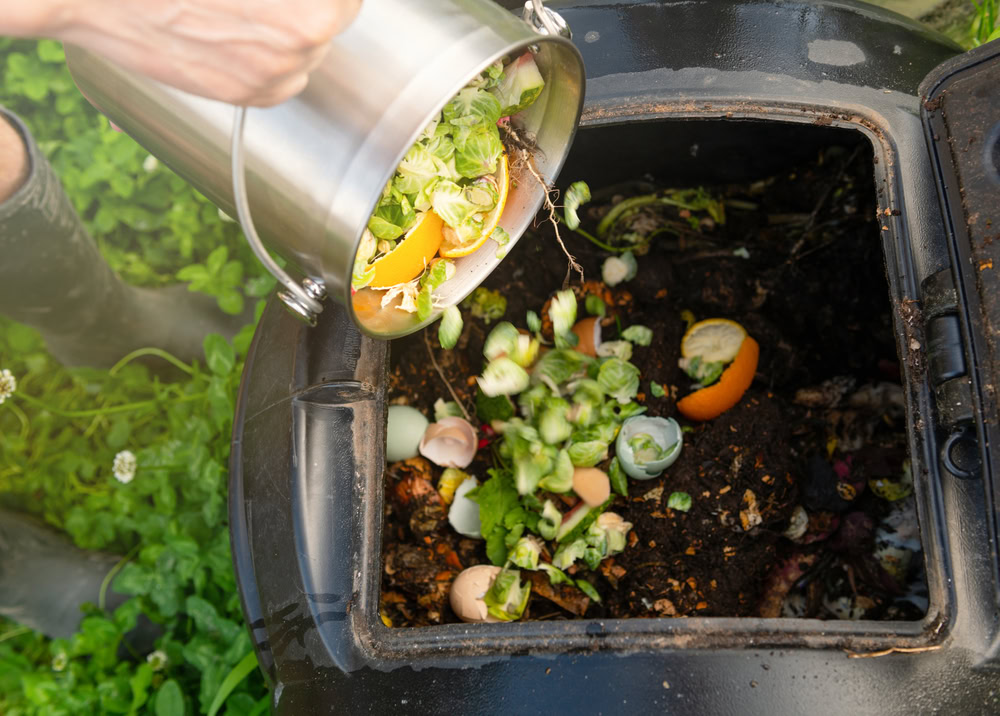The data provides a breakdown of both capital and revenue grants issued in the 2024/25 financial year, as well as capital grants issued in 2023/24.
It comes as part of the Simpler Recycling reforms, which require local authorities to provide separate collection of food waste from March 2026.
Local authorities receive £88 million
The figures confirm that local authorities received over £88 million to help establish or expand separate weekly food waste services.
The grants are divided into two elements: capital funding for vehicles, bins, caddies and other collection infrastructure, and revenue funding to support operational and administrative costs during the transition phase, including staff training, route planning, and public engagement.
The data shows that Defra’s largest funding allocations have been directed towards major urban and unitary authorities, some of which are either establishing or scaling up separate food waste collections for the first time.
| Local Authority | Capital Funding 2023/4 | Capital Funding 2024/5 | Revenue Funding 2024/5 | Total Funding |
| Wiltshire | £4,990,233 | N/A | £853,894 | £5,844,127 |
| Cambridge City and South Cambs Council | £2,612,378 | £584,721 | £587,465 | £3,784,564 |
| Tower Hamlets London Borough | £2,073,060 | N/A | £489,663 | £2,562,723 |
| Huntingdonshire District Council | £1,802,468 | N/A | £405,357 | £2,153,005 |
| Sandwell Metropolitan Borough Council | £1,577,983 | N/A | £909,734 | £1,983,340 |
Table One: Highest grant allocations 2024/25 to Local Authorities
On the revenue side, Birmingham City Council received the highest allocation at £1.36 million, followed by Leeds City Council (£1.24 million).
Birmingham Council recently vowed to ‘transform’ its bin service, despite the ongoing strikes by refuse workers.
For capital funding, the largest grants were made to Wiltshire, which received £5.8 million, followed by Tower Hamlets London Borough (£2.07 million) and Huntingdonshire District Council (£1.8 million).
Local authorities such as Wiltshire and Huntingdonshire did not previously operate city-wide weekly food waste collections, meaning significant investment in bins, caddies, and specialist vehicles will be required to launch new services from 2026.
Grant conditions
Under the determination, the grants may only be used for purposes permitted under section 11 of the Local Government Act 2003, meaning they must be applied to legitimate capital expenditure.
Each authority’s Chief Executive and Chief Internal Auditor are required to submit a declaration to Defra’s Circular Economy Division by 31 March 2026, confirming that the conditions of the grant have been met.
Failure to comply with the terms could result in the reduction, suspension or repayment of the funding at the discretion of the Secretary of State.
The grants are separate to Extended Producer Responsibility for packaging (pEPR) payments which total £1.1 billion and will be made in November 2025.
Simpler Recycling
The Simpler Recycling legislation came into force in March 2025, requiring businesses with over ten full-time employees to separate these materials.
From March 2026, the legislation will extend to local authorities in England and will also require them to provide the separate collection of dry recycling, food waste and residual waste.
Kerbside plastic film collections from workplaces and households will be introduced by 31 March 2027.






Subscribe for free